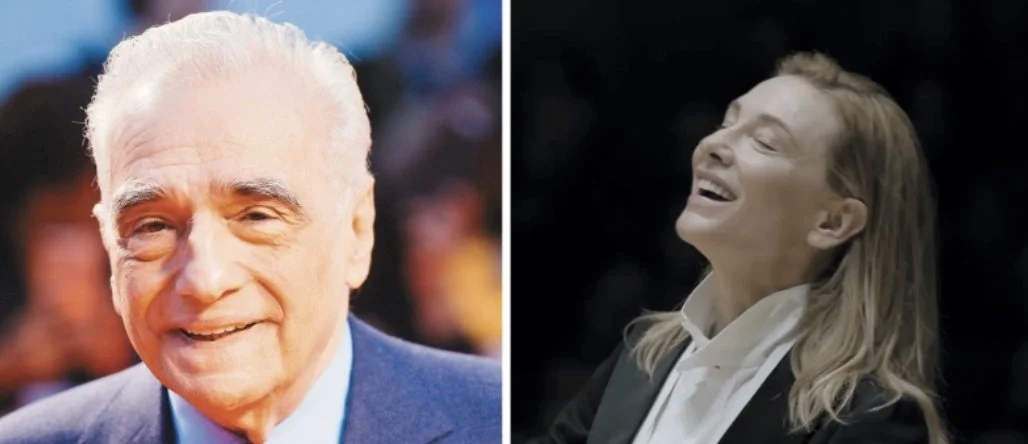There weren’t many movies last year that made us hopeful about the current state of cinema. I can probably count in one hand the amount of titles that made me think that we’re headed in the right direction, Todd Field’s “TÁR” was definitely one of them.
Last night, Martin Scorsese presented the New York Film Critics Circle’s Best Picture prize to “TÁR.” His speech about the film was, as always, gloriously on-point:
“For so long now, so many of us see films that pretty much let us know where they’re going. I mean, they take us by the hand, and even if it’s disturbing at times, sort of comfort us along the way that it will be all OK by the end […] Now this is insidious, as one can get lulled into this, and ultimately get used to it. Leading those of us who’ve experienced cinema in the past — as much more than that— to become despairing of the future of the art form, especially for younger generations.”
“But that’s on dark days. The clouds lifted when I experienced Todd’s film, ‘TÁR.’ What you’ve done, Todd, is that the very fabric of the movie you created doesn’t allow this. All the aspects of cinema and the film that you’ve used, attest to this. The shift in locations, for example, the shift in locations alone do what cinema does best, which is to reduce space and time to what they are, which is nothing.
“You make it so that we exist in her head. We experience only through her perception. The world is her. Time, chronology and space, become the music that she lives by. And we don’t know where the film’s going. We just follow the character on her strange, upsetting road to her even stranger final destination. Now, what you’ve done, Todd, it’s a real high-wire act, as all of this is conveyed through a masterful mise-en-scène, as controlled, precise, dangerous, precipitous angles, and edges geometrically kind of chiseled into a wonderful 2:3:5 aspect ratio of frame compositions.”
Finally, Scorsese said, “The limits of the frame itself, and the provocation of measured long takes all reflecting the brutal architecture of her soul — ‘TÁR’’s soul.”
This week, “TÁR” topped our readers poll of the best films of 2022. This is a critically-acclaimed drama that will most likely get a Best Picture nomination, not to mention a Best Actress nod for Cate Blanchett. It’s been the source of controversy as some critics have recently soured on the film, sucked up on the narrative around it.
The most pertinent question being asked is whether the film is anti-cancel culture or pro the scrubbing of problematic artists. Separating art from the artist has been a debate that’s lasted for many generations, but has found an abundant of newfound conversations in this the #MeToo era.
My take on whether “TÁR” is pro or con cancel culture is simple: who cares. That’s part of the brilliance of this movie — it never gives you easy answers and would rather you come to a conclusion as to whether or not Blanchett’s Lydia Tár deserves the fate that she’s given in the film.






